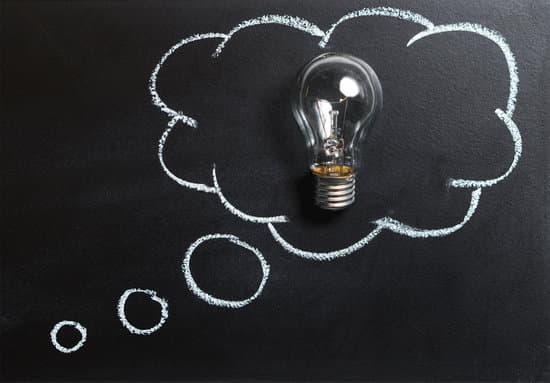Often we consider effective and efficient learning to be a skill you are born with or not and one which you have little to no power to change.
However, the truth is that learning itself is very much a learned behavior, which you can practice to improve and cultivate.
The “Giftedness” study by M.V.J. Veenman addresses the relation between two key factors that affect the speed of knowledge acquisition – Metacognitive skills vs. Intelligence.
Metacognition pertains to the knowledge and skills for organizing, guiding, and controlling one’s thinking, actions, and learning processes.
Veenman’s study found that metacognition determines learning performances to a large extent (up to 40%). As such, metacognition is more critical to the learning process than the individual elements of intelligence, social-economical background, and motivation.
It is lucky, therefore, that metacognitive skill level is also the factor that can be most efficiently acquired and enhanced through deliberate practice and training.
Metacognitive skills typically fit into three distinct categories of the learning process. By analyzing these three categories, you can best see how to improve your capabilities in each.
The first phase of metacognition is the planning phase.
The planning phase has a few key steps.
Firstly, learners must clarify what they want to educate themselves about and to what level of comprehension.
Achieving a learning goal is more likely if you set a clear definition of your objectives instead of establishing only a more general aim. Although you may have ambitious long-term plans, setting smaller, more bite-sized targets along the way can make the learning process more manageable.
Defining the learning time frame allows you to pace yourself accordingly and realistically. Set mini-milestones along the way so that you can check in on your progress.
The next step is to identify existing sources of knowledge which you can draw upon to achieve your learning goals. Assessing what knowledge you already have and the resources you need to advance is key to better learning. Only by correctly setting your starting line can you expect to have a smooth run to your finishing line.
The monitoring phase
The monitoring phase occurs throughout the learning process. It consists of learners asking themselves how well they are retaining the subject information and considering ways to improve the learning experience.
Decisions must then be made about whether to slow or quicken their learning pace depending on the subject’s difficulty.
Whether to slow or quicken the pace is often a question of priority. Reflect upon the timescale and milestones you set during the first phase. Are these likely to be achieved? Depending on your answer, you may adjust the amount of time and effort you are spending on your learning accordingly, or perhaps no adjustment is required at all if your planning in phase one was faultless!
Seeking additional guidance to help with the learning process should also be considered as it can be of great benefit. Reach out to a trusted colleague, mentor, or friend. An outside perspective can deliver a fresh dose of motivation, and people are often flattered when asked for their input, opinion, or expertise.
Remember, when you ask yourself how well you are retaining information, do so honestly. Setting tests for yourself is a valuable way to measure this.
The evaluation phase is the final phase during the metacognitive process.
During the evaluation phase, learners assess the effectiveness of the previous two phases. By looking back on the learning experience to date, they can learn valuable lessons for the future.
By completing this evaluation process, you will likely find that the knowledge you have amassed to date can also help in other areas of life, thus allowing you to benefit from your learning doubly.
It is equally important to know your weaknesses as it is to know your strengths. Your shortcomings hold you back from achieving many great things. Revisit the learning objectives you set in phase one. List them from most to least “achieved” and begin revision from the bottom up!
Finally, reflection on how well the overall learning process went is perhaps one of the most critical factors to bettering your learning practice in the long term. Identifying missteps in your process can help ensure you do not do these again.
The takeaway from all of the above is positive for everyone — for individuals and for companies looking to help their employees be their best — we can all learn to become better at learning.
However, perhaps more important than any other principles we have already discussed is to develop the mindset that you can improve your knowledge and skills. Believing in your capacity for growth is one of the best ways to take advantage of the learning opportunities you pursue.
Learning is challenging. But education can also be fun, exciting, and rewarding. When we understand how to develop our abilities, we strengthen our conviction that we are in charge of them.
Becoming a more effective learner can take time, and it always takes practice and determination to establish new habits. Start by focusing on just a few of these tips to see if you can get more out of your next learning goal. In the meantime, if you would like further input and assistance on maximizing your learning potential, get in touch.
Bibliography:
https://scholarlypublications.universiteitleiden.nl/access/item%3A2936907/download
Written by Holly Thompson
Holly is a Chartered Accountant (CA) from Scotland with a background in external audit and prospects in forensic accounting. She also has experience in editorial and creative writing which she is putting to use during her time in Sweden. Look out for new blog posts, perfect for open and curiously minded individuals.
